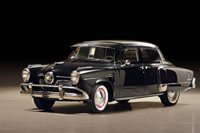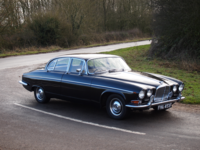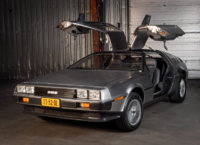Haseeb
Well-Known Member
Today I come to you guys with a pretty deep question that's been on my mind for many weeks: what do you guys think will become of the classic car market from here on out?
I am a bit of an oddity among millenials, I'm 20 years old but I have a real strong interest in cars from the 50s, 60s, and 70s, both for driving and possibly investing in them, and I have no desire at all for self driving cars to come about. I know that the baby boomers who are in their 60s and 70s at this point are beginning to retire, and they are the ones that created the classic car market in the first place. What will become of the market for 50s cars like the Buick Special, Ford F100, and Studebaker Bullet Nose? I think it would be truly sad to see the market and appreciation/love for those cars go away whenever the older generations begin to exit the market, but of course I have no idea of knowing the future. Let me know what thoughts, predictions, or hopes you guys have in the comments!
I am a bit of an oddity among millenials, I'm 20 years old but I have a real strong interest in cars from the 50s, 60s, and 70s, both for driving and possibly investing in them, and I have no desire at all for self driving cars to come about. I know that the baby boomers who are in their 60s and 70s at this point are beginning to retire, and they are the ones that created the classic car market in the first place. What will become of the market for 50s cars like the Buick Special, Ford F100, and Studebaker Bullet Nose? I think it would be truly sad to see the market and appreciation/love for those cars go away whenever the older generations begin to exit the market, but of course I have no idea of knowing the future. Let me know what thoughts, predictions, or hopes you guys have in the comments!



